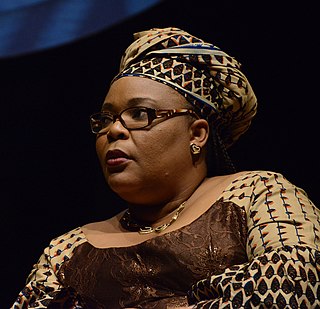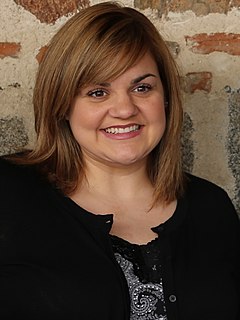A Quote by Sonia Sotomayor
Until we get equality in education, we won't have an equal society.
Related Quotes
Our vulnerability [to ressentiment] is unavoidable (and probably incurable) in a kind of society in which relative equality of political and other rights and formally acknowledged social equality go hand in hand with enormous differences in genuine power, possessions and education; a society in which everyone "has the right" to consider himself equal to everybody else, while in fact being unequal to them.
In order to build a great socialist society it is of the utmost importance to arouse the broad masses of women to join in productive activity. Men and women must receive equal pay for equal work in production. Genuine equality between the sexes can only be realized in the process of the socialist transformation of society as a whole.
It is precisely because education is the road to equality and citizenship, that it has been made more elusive for Negroes than many other rights. The walling off of Negroes from equal education is part of the historical design to submerge him in second class status. Therefore, as Negroes have struggled to be free they have had to fight for the opportunity for a decent education.
The diversity of mankind is a basic postulate of our knowledge of human beings. But if mankind is diverse and individuated, then how can anyone propose equality as an ideal? Every year, scholars hold Conferences on Equality and call for greater equality, and no one challenges the basic tenet. But what justification can equality find in the nature of man? If each individual is unique, how else can he be made 'equal' to others than by destroying most of what is human in him and reducing human society to the mindless uniformity of the ant heap?
In The Federalist, James Madison called the rage for equality 'a wicked project.' People differ and rewards differ-that's the essence of both liberty and justice. No nation that rewards effort, talent, inventiveness and luck can even pretend to cherish equal outcomes. In an inventive and dynamic society, equal (even relatively equal) incomes can be achieved only by abandoning liberty for tyranny.
the public sphere is as consistently based on the law of equality as the private sphere is based on the law of universal difference and differentiation. Equality, in contrast to all that is involved in mere existence, is not given us, but is the result of human organization insofar as it is guided by the principle of justice. We are not born equal; we become equal as members of a group on the strength of our decision to guarantee ourselves mutually equal rights.
But, historians, and even common sense, may inform us, that, however specious these ideas of perfect equality may seem, they are really, at bottom, impracticable; and were they not so, would be extremely pernicious to human society. Render possessions ever so equal, men's different degrees of art, care, and industry will immediately break that equality. Or if you check these virtues, you reduce society to the most extreme indigence; and instead of preventing want and beggary in a few, render it unavoidable to the whole community.

































